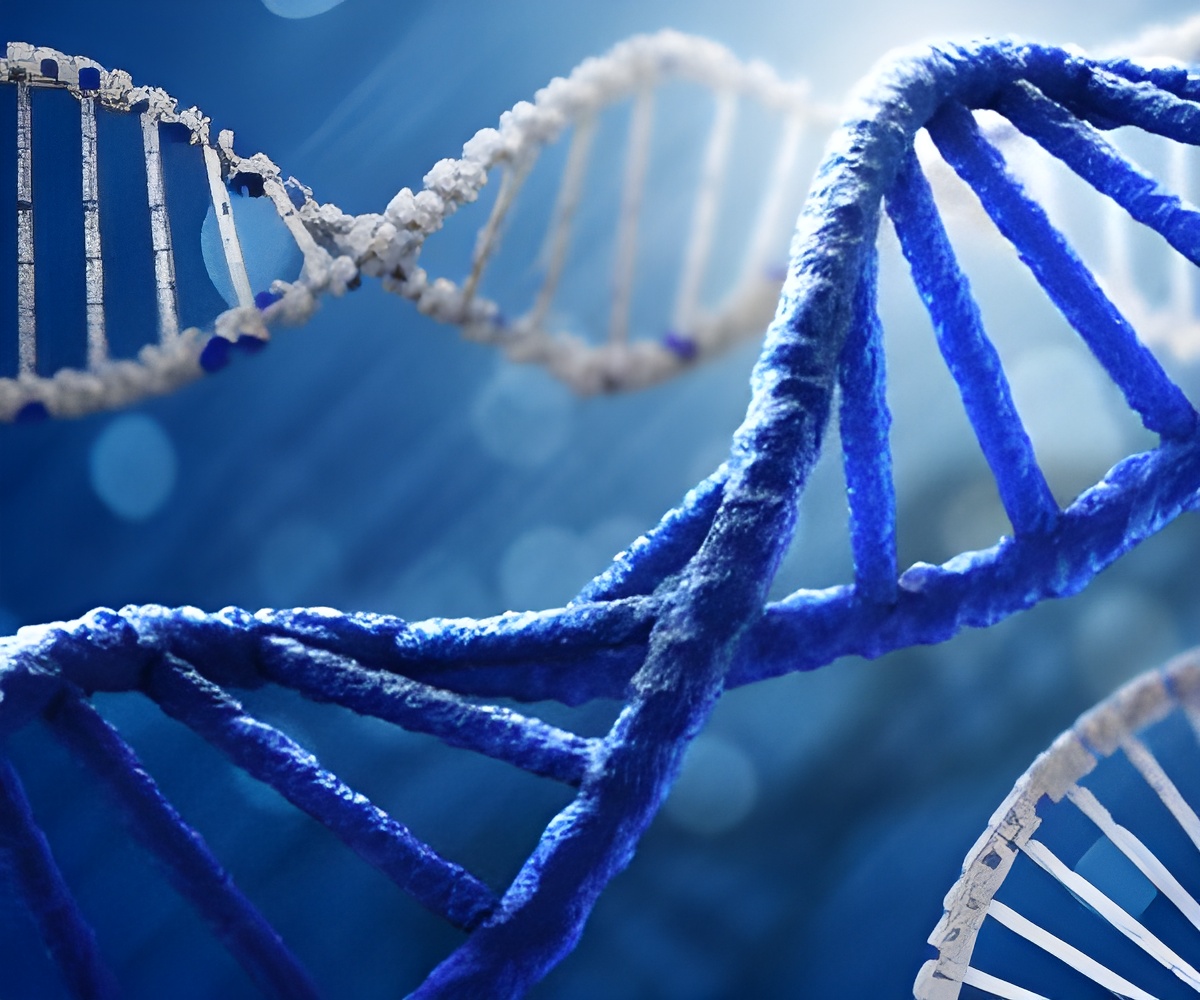Expert stresses the importance of genetic information in determining an individual's susceptibility to cancer and the development of precisely targeted therapies.

Advertisement on National Cancer Awareness Day
Go to source). Genetic information isn't confined to familial traits; it extends to every cell within the human body. This genetic material within cells governs the entire process of growth and development, dictating whether a cell will develop into a cancerous one or remain healthy.
Understanding the Genetic Basis of Cancer
Dr. Dinesh Pendharkar, Director of Sarvodaya Cancer Institute in Faridabad, explained, "Cancer cells exhibit distinct characteristics, including the ability to evade cell death and metastasize to other parts of the body, where they continue to proliferate. These unique properties are influenced by specific genes. Genes can undergo structural changes, referred to as mutations, either as part of an individual's genetic makeup or due to external factors like smoking, pollution, alcohol consumption, obesity, or other environmental factors."‘Genetic testing can unveil predispositions to cancer, and individuals must be mentally prepared to receive such information. #cancerawarenessday #genetictesting #cancertreatment’





Genetic mutations play a fundamental role in cancer development. When a mutation occurs, a cell may transform into a cancerous one. Fortunately, we now identify specific genes associated with particular cancers and have devised medications that target these genetic irregularities. This approach, known as precision oncology or targeted therapy, represents a groundbreaking advancement in cancer treatment. Dr. Dinesh Pendharkar remarked, "Genetic testing has now become a standard practice for cancer patients. Instead of traditional biopsies, genetic testing, particularly using next-generation sequencing (NGS) technology, is employed to analyze the genetic composition of cancerous cells. This information assists oncologists in identifying the specific genetic alterations responsible for the cancer, enabling them to prescribe targeted treatments that yield improved outcomes for patients."
Precision oncology has become the cornerstone of cancer care, and every patient is encouraged to undergo genetic testing. The technology has advanced to the point where analyzing hundreds of genes is feasible, ensuring the most effective treatment options.
While these tests can provide valuable insights into an individual's predisposition to cancer, it's important to approach them with caution. Dr. Pendharkar advises that patients consult with their doctors and genetic experts before undergoing genetic testing, as the results may have significant psychological and emotional implications.
In cases of family histories of cancer, discussions with healthcare professionals and genetic counselors are essential to provide the necessary support and guidance. These conversations can help individuals make informed decisions about their health and well-being.
Advertisement
Reference:
- Advertisement on National Cancer Awareness Day - (https://haryanahealth.gov.in/event/advertisement-on-national-cancer-awareness-day-ncad-on-7th-november-2023-under-national-programme-for-prevention-control-of-non-communicable-diseases-np-ncd-o-o-dghs/)















